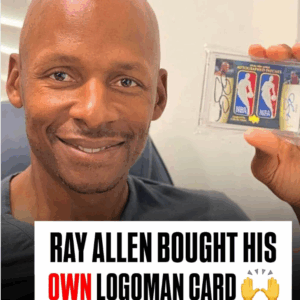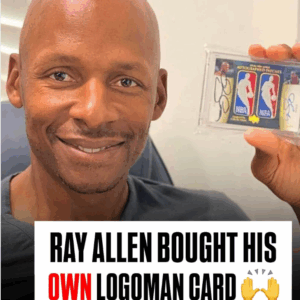In the high-stakes arena of trading card dominance, the rivalry between industry giants Panini and Fanatics has escalated into a full-blown legal contest as a federal judge ruled that both companies have presented valid claims against each other. With the ink barely dry on their courtroom submissions, the case showcases a colossal struggle over market control that reads like a modern-day David and Goliath saga—albeit with no clear underdog.
Presiding over the arena is Judge Laura Swain of the Southern District of New York, who decided on Monday that there was enough legal meat on both sides to justify moving forward. Her verdict suggests that card collectors and market analysts should settle in for a long, drawn-out battle that could redefine the future of trading cards.
This saga kicked off when Panini accused Fanatics of wielding unfair monopoly power by securing exclusive licensing for NFL and NBA trading cards, a move resembling a greedy kid’s grab for all the candy at a birthday party. Fanatics, obviously not thrilled at being label-stamped as monopolistic, fired back with a countersuit, painting Panini as the sneaky saboteur interfering in its business ventures.
Judge Swain’s decision to let both lawsuits proceed indicates there’s enough at stake to unravel nuanced layers of the trading card industry, albeit with a few plot twists. On one hand, Panini successfully argued—at least at this preliminary stage—that Fanatics’ tight grip on licensing allows them to dictate market terms. Not surprisingly, the judge wasn’t convinced that Panini had suffered actual harm from this alleged monopoly. Instead, she pointed out Panini could be raking rewards as one of the few companies left standing in a potentially monopolized field.
Meanwhile, Fanatics didn’t exactly bowl a strike with their claims on unfair competition, as the legal broom swept those under the rug. However, they did score a key ruling allowing their claims about Panini’s alleged attempts to hinder employee transfers to stand, painting Panini’s HR department akin to a feisty scrooge unwilling to let go.
As both sides hunker down for the discovery phase, collectors and traders are left speculating on the ripple effects. This next mighty courtroom clash promises eye-opening revelations from company executives, as well as intimate peeks into internal documents that might unearth how both trading powerhouses juggle their card decks.
Yet, while the case promises to flow with intrigue like a legal page-turner, its eventual resolution remains somewhere in the distant future—months or even years. During this legal merry-go-round, the question that looms large is: What of the collector standing in the middle of this corporate tug-of-war?
For the moment, the average card collector—the one who gets more thrill from rare card pulls than courtroom dramas—has seen little change, apart from Topps (under Fanatics’ wide-brimmed corporate hat) reclaiming the production of NBA and NFL cards. But there’s a catch: any decision in this legal showdown could have earth-shaking consequences.
Should Panini triumph in proving monopoly-style foul play, the playing field could open wide for new players to enter the trading pecking order, potentially diversifying and invigorating a more competitive market. This possibility could either invigorate the industry like a shot of espresso or introduce more chaos than a toddler hyped on sugar.
Conversely, if Fanatics successfully proves that Panini not only furrowed their business soil but also uprooted a few saplings in the process, Panini might find itself nursing a financial black eye. Such a scenario might alter Panini’s role from equal player to underdog in the trading kingdom.
For now, as the legal fog thickens and the courtroom drama unfolds, collectors are left on the sidelines wondering if perhaps they’ll end with more trading options. Or perhaps Fanatics, snickering in its anticipation of victory, will grip the market reins even tighter, steering it down lanes replete with their signature cards.
Ultimately, the outcome of this riveting trading card courtroom clash promises to be anything but elementary, and like all legendary battles, it has captivated an audience glued to every twist and turn. It’s a waiting game, as stakeholders eagerly anticipate who will shuffle, cut, and deal the final hand of this tense legal showdown.





